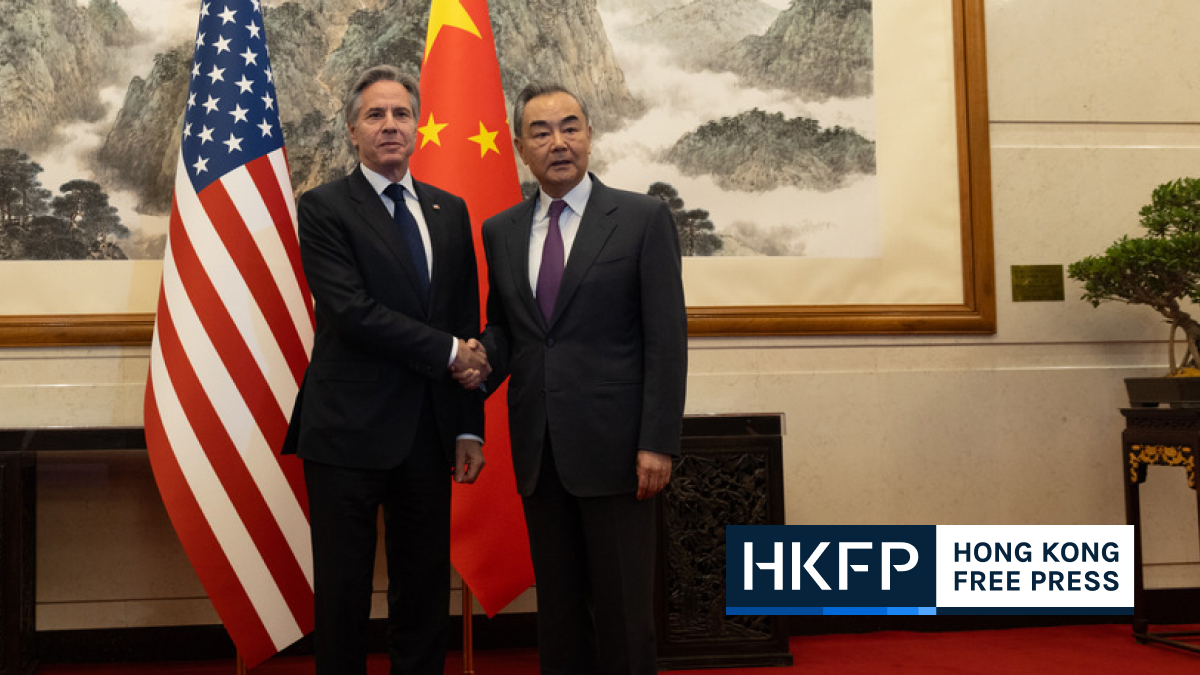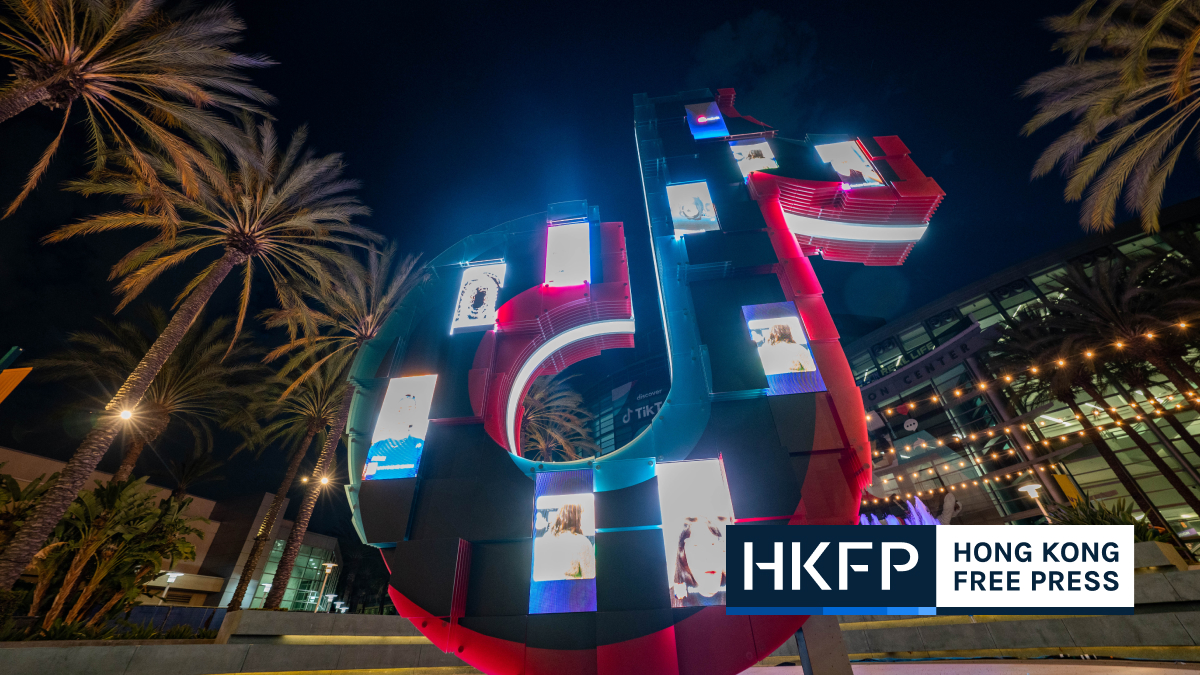The resumption of cross-border ferry services between Hong Kong, Macau and mainland China could place Hong Kong’s declining pink dolphin population at increased risk, an environmental group has warned.
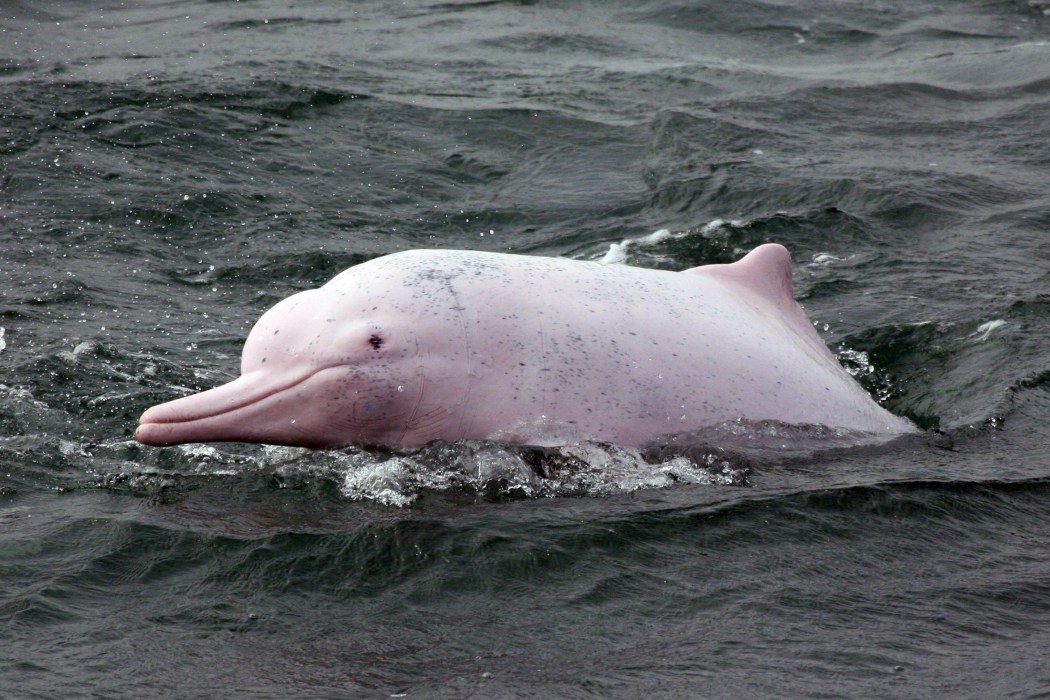
Marine traffic has been identified as one of several major threats to cetaceans’ survival in the Pearl River Delta, which is thought to be home to around 2,000 pink dolphins – the largest group in the world. Also known as Indo-Pacific humpback dolphins or Chinese white dolphins, their abundance in Hong Kong waters has declined by almost 80 per cent in 18 years, according to data collected by the Agriculture, Fisheries and Conservation Department.
See also: Why are Hong Kong’s rare pink dolphins disappearing?
However, with cross-border boats moored from February 2020 until January because of Covid-related travel restrictions, dolphins made a comeback to the once-busy fairway off south Lantau Island. Doris Woo, project manager for cetacean conservation at WWF-Hong Kong, told HKFP that studies conducted by the NGO while ferry services were halted had resulted in “encouraging findings.”

A boat-based visual survey of the Southern Lantau Fairway – the route taken by boats between Hong Kong, Macau and the mainland, which once departed as frequently as every 15 minutes – showed “a prominent increase in feeding and socialising,” from May 2020 to April 2021, said Woo.
“Feeding occupied over 70 per cent of our survey time compared to just about 8.5 per cent before the cessation of the ferries, and then for socialising they also showed a significant difference… 12.5 per cent compared to 3.4 per cent before the ferry cessation.”
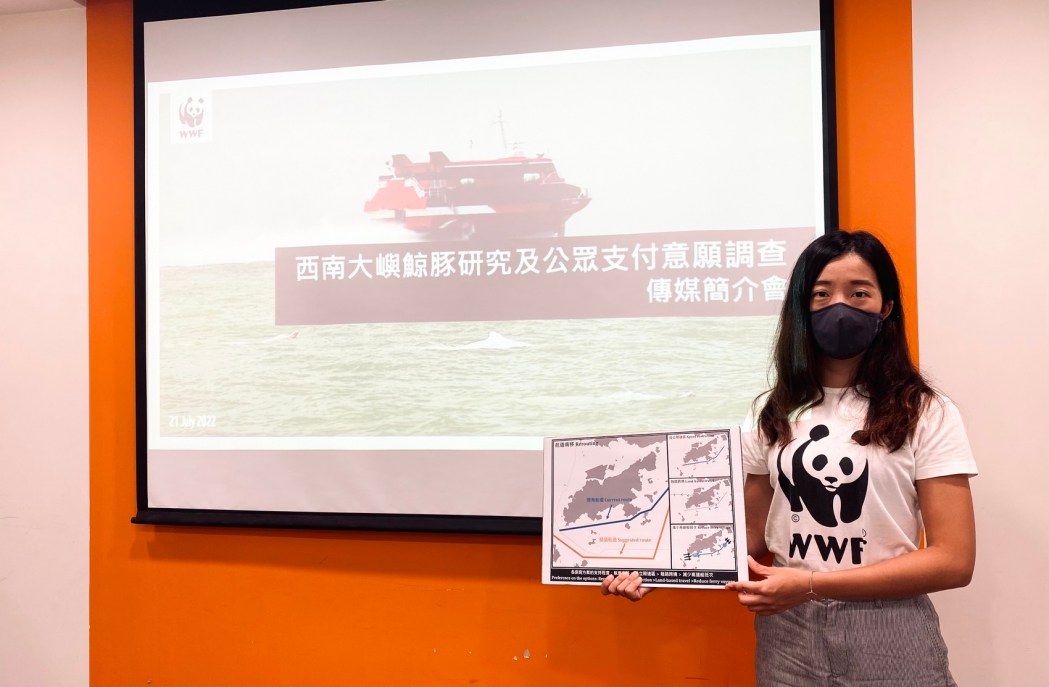
The animals were observed milling and resting in the shipping lane, behaviours that had not been recorded in the area in the previous five years, she added. Acoustic monitoring of the fairway from January 2019 to January 2021 also showed a significant increase in dolphin and porpoise activity.
High-speed ferry services resumed, albeit at a reduced rate, when mainland China reopened its border on January 8. According to Woo, the associated negative impacts of all the marine traffic are expected to return, especially if services go back to normal frequency.
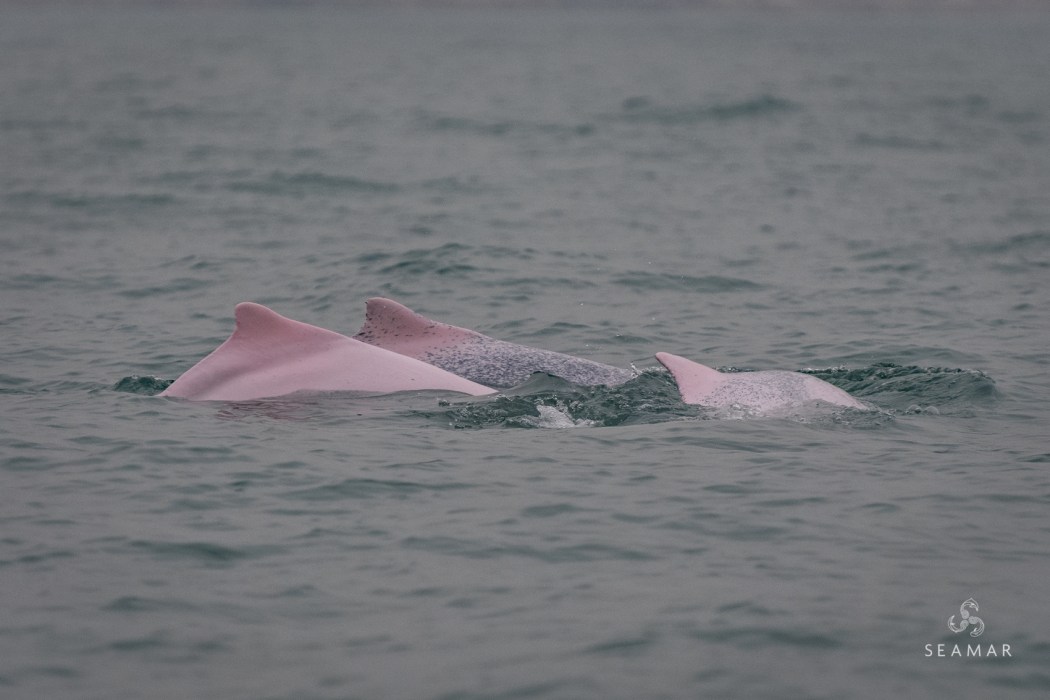
Because dolphins use echolocation to “see” underwater, noise from busy boat routes can impair their ability to perform basic survival functions. Citing studies conducted before the cessation of ferry services, Woo said: “when there was noise from a passing vessel, white dolphins were found to cease their applications immediately.”
Fast ferries can reduce the “listening space” of pink dolphins by up to 45 per cent, she added. “That could prevent them from performing some critical behaviours, for example, looking for food, communicating.”
To try and minimise the impact of marine traffic on Hong Kong’s cetaceans, Woo said WWF-Hong Kong had proposed changing the course of the ferries slightly.
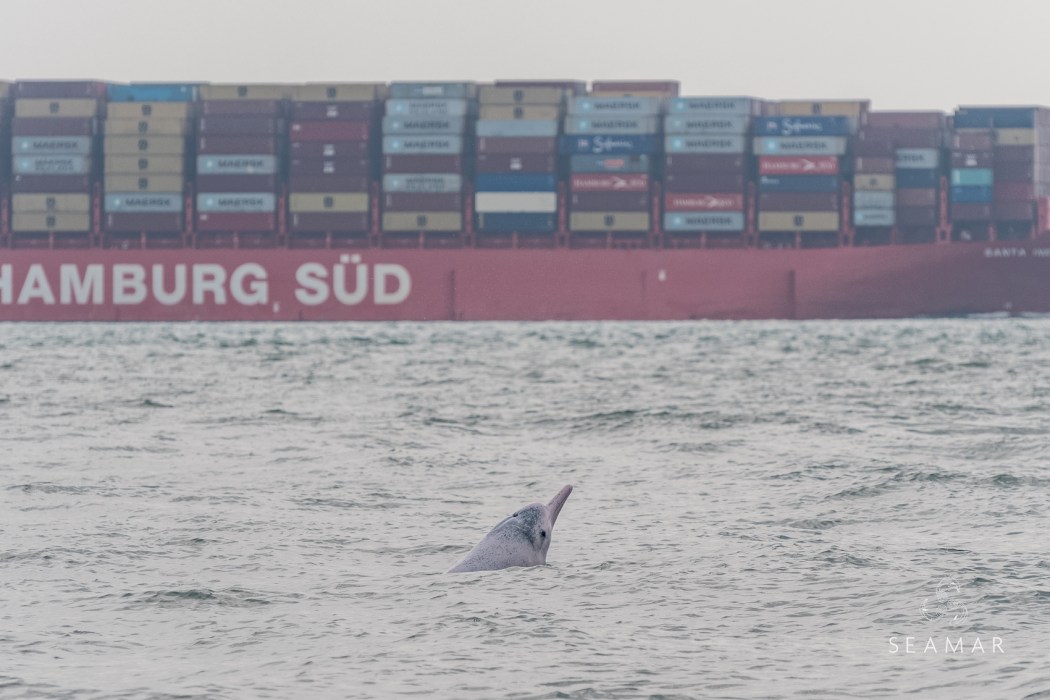
“One of the options would be to reroute the ferry southwards, because… the key dolphin and porpoise habitats are closer to the coast… [in] the waters between south Lantau and the Soko Islands, so if the ferries can avoid these key areas then the impact can be reduced.”
Another possibility would be to reduce the frequency of ferry services, particularly, Woo said, as the Hong Kong-Zhuhai-Macau Bridge was expected to divert passenger demand from the ferries. She also recommended using the bridge, the years-long construction of which has been blamed for expediting the falling dolphin population.
“The building of the bridge had a great impact on dolphins, but now it has been built, so it would be better to fully utilise what has been built,” Woo added.
HKFP has reached out to ferry companies Turbo Jet, Cotai Water Jet and CKS for comment.
Support HKFP | Policies & Ethics | Error/typo? | Contact Us | Newsletter | Transparency & Annual Report | Apps
Help safeguard press freedom & keep HKFP free for all readers by supporting our team

LATEST FROM HKFP
HKFP has an impartial stance, transparent funding, and balanced coverage guided by an Ethics Code and Corrections Policy.
Support press freedom & help us surpass 1,000 monthly Patrons: 100% independent, governed by an ethics code & not-for-profit.






